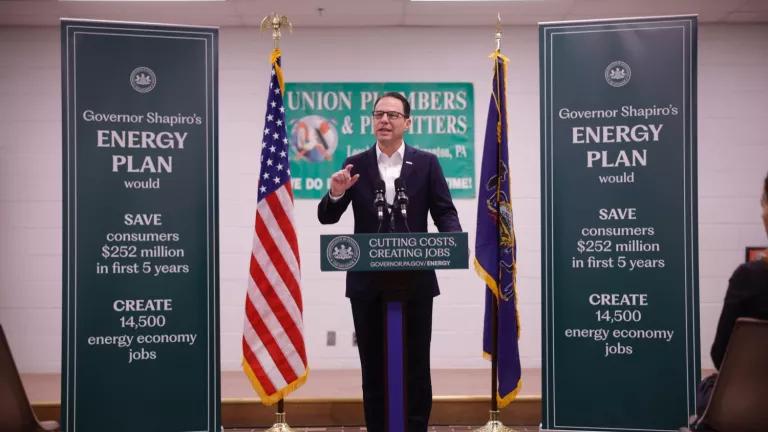A new report from the Stockholm Environment Institute (SEI) provides yet more evidence that it is time to end fossil fuel leasing on the United States' public lands and oceans.
Released against the backdrop of increased public calls to better align our federal long-term energy supply decisions with our climate and clean energy goals, the study finds that the cessation of new leasing could drive significant reductions in global carbon pollution.
The study examined current and future U.S. fossil fuel trends and applied these trends to what might be needed to avoid the worst impacts of global climate change. The authors than analyzed what the affect would be on global emissions and energy use if the federal government got out of the business of issuing new leases for coal, oil, and gas. Importantly, the authors did not confine the analysis to impacts on U.S. production and consumption. Using standard economic principles, they also modeled what the potential global impact of such a policy could achieve.
The authors also underscored that their modeling did not account for the market impacts that would invariably be triggered if a global leader like the United States were to take such a bold action, let alone if other nations followed suite.
At minimum, the study highlights that it is critical for decision makers to use every tool in the tool box in the fight against climate catastrophe. How nations utilize their citizen-owned resources should be part of any comprehensive approach to combating climate change.
Further illustrating the need for the federal government to reconcile its energy policy with its climate goals, the authors also penned a blog critiquing the Bureau of Ocean Energy Management's failure to analyze the global market and CO2 implications in its draft environmental assessment of proposed five-year offshore oil and gas leasing program. Using BOEM's own models and assumptions, the author calculates that opening our oceans could generate an additional 190 million tons of carbon pollution domestically and up to 1.7 billion tons globally.
This level of emissions increase shines a spotlight on how federal energy decisions that continue to expand extraction on our publically owned estate are out of synch with our climate obligations. And it comes as the Obama administration is poised to make what may be one of its last critical environmental decisions—whether to open our last remaining pristine oceans to oil drilling, or use his executive authority to withdraw them from all future leasing.
The SEI report and BOEM case study reveal that there remains a troubling gap between our nation's steps forward on climate change and what it will take to achieve our goals. We cannot afford to pick and choose where and when we take climate change seriously. We have to walk the walk day after day, decision by decision, agency to agency.
Protecting our natural resources may be one of the greatest actions President Obama can still deliver during his remaining time in office to stave off climate disruption. And he can start with our still-untouched oceans by taking them off the table once and for all.



